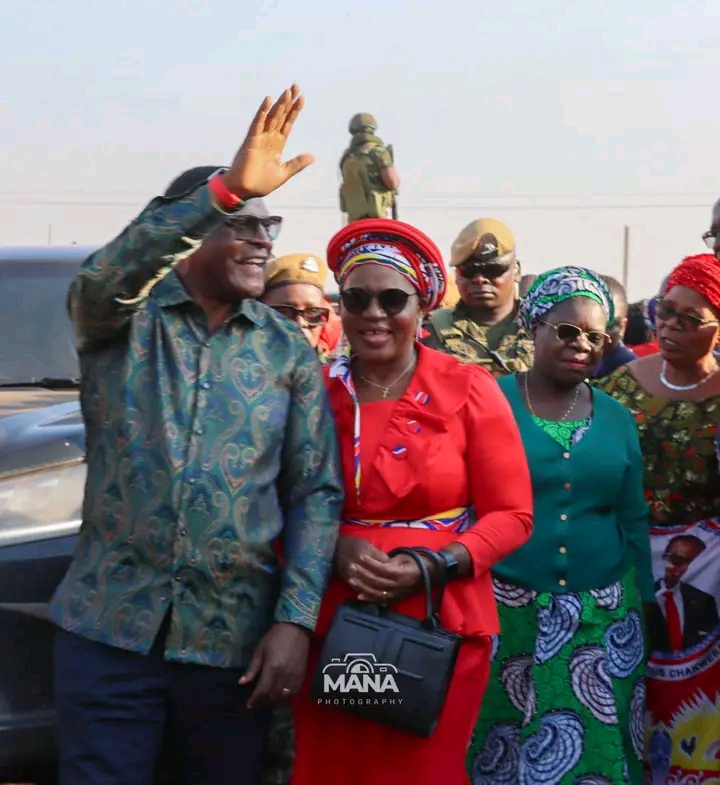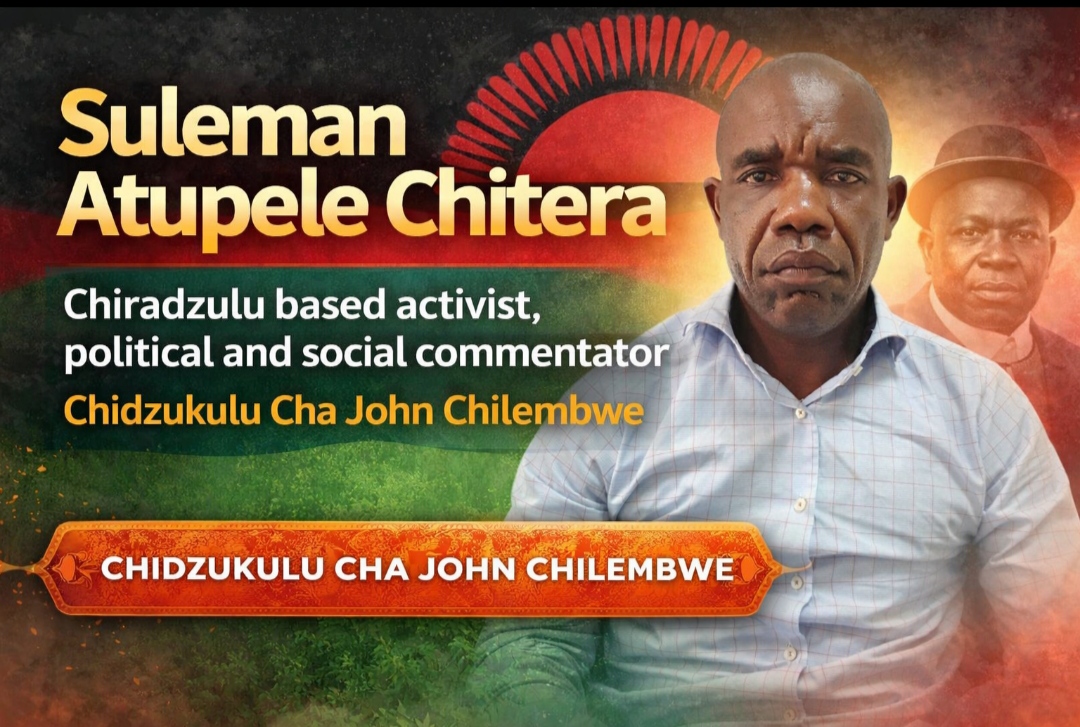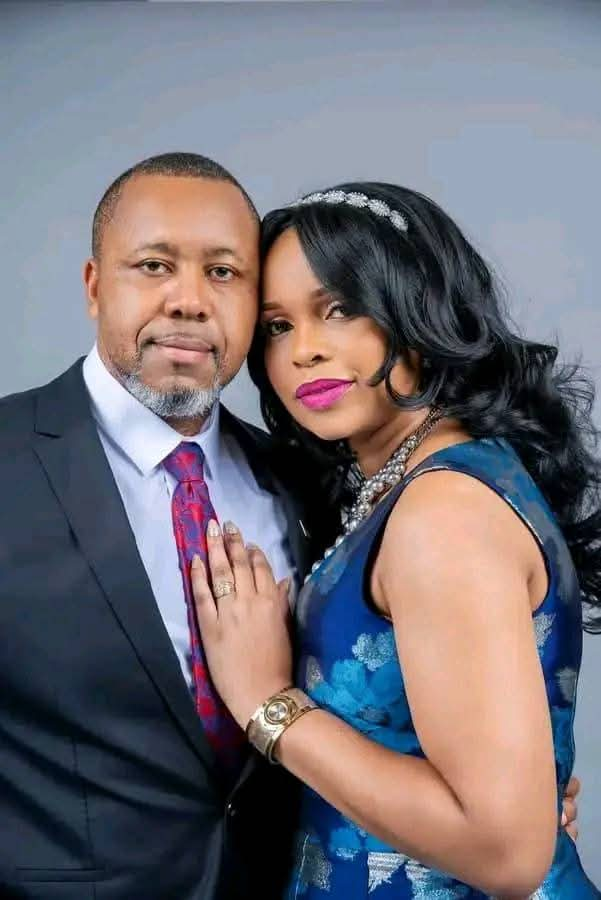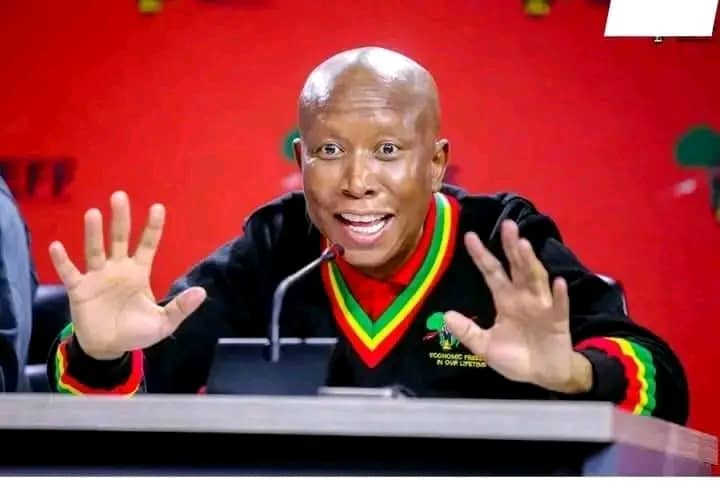By Jones Gadama
In a dramatic conclusion to his whistle stop tour across Lilongwe’s bustling neighborhoods, President Lazarus Chakwera laid bare his fears about the political landscape threatening his administration’s future.
As he engaged residents from areas including Area 23, Area 24, Phwetekere, Chinsapo, Mtandile, Area 49, Area 25, Mgona, and Kauma, the President’s message was a mixture of hopeful promises and stark warnings.
Addressing a large crowd at Kauma Ground, President Chakwera reaffirmed his government’s unwavering commitment to driving development projects across Malawi.
Among the ambitious goals he articulated, the most notable was the pledge to increase electricity access from the current 20 percent to a full 100 percent by the year 2030.
This bold target aims to connect more than half of the population to the national grid, an initiative the President believes will be transformative in eliminating energy poverty and accelerating Malawi’s socio-economic progress through reliable and sustainable power supply.
The President also tackled the pressing water challenges hampering daily life in Kauma and surrounding areas.
He assured the public that his government is actively working to provide safe and potable water sources, recognizing the critical role clean water plays in public health and community well-being.
This commitment to basic infrastructure improvement was warmly received by the crowd, many of whom have long struggled with unreliable water access.
Yet, beneath these forward-looking promises, a palpable sense of anxiety shadowed the President’s remarks.
Chakwera openly disclosed that he has been losing sleep over the growing influence of the Democratic Progressive Party (DPP).
“I didn’t want to see DPP again,” he confessed, underscoring how deeply concerned he is about the opposition’s resurgence.
According to the President, the DPP poses the most formidable challenge to his leadership, far eclipsing other political entities like the UTM or UDF, which he dismissed as mere “babies” in the political arena.
Chakwera’s frank admission revealed a man wrestling with the possibility of losing political ground to the DPP, a party he described as a real and present threat.
He implored the people of Kauma and beyond not to vote for the DPP, but rather to support his leadership, emphasizing the critical nature of the upcoming electoral contest.
His plea was unmistakably clear: the survival of his administration and the continuation of his development agenda hinge on the electorate’s rejection of the DPP.
Adding a layer of intrigue and tension to his address, the President disclosed troubling intelligence reports suggesting that some prominent Malawi Congress Party (MCP) stalwarts may be secretly meeting with the DPP to endorse President Mutharika’s candidature.
These alleged backroom dealings, reportedly conducted under the cover of day-to-day loyalty, represent what Chakwera termed “anthirakuwiri”—betrayal. To combat this internal threat, the President announced the creation of an “intelligent taskforce” charged with investigating these claims thoroughly.
He vowed that any MCP member found guilty of such duplicity would face immediate expulsion from the party.
This hardline stance against perceived disloyalty signals Chakwera’s determination to safeguard his political base from fragmentation and to maintain unity as he braces for tough political battles ahead.
His message was clear: betrayal will not be tolerated, and he expects his supporters to stand firmly with him against the DPP challenge.
Despite the heavy political undertones, the President’s tour was also marked by calls for continued support of his administration’s development agenda.
Gift Nankhuni, an aspiring Member of Parliament for Lilongwe City Centre, praised Chakwera’s visionary leadership and urged Kauma residents to back the government’s efforts. Nankhuni highlighted the importance of political stability in ensuring that the promised infrastructure projects and social services reach the community.
As the whistle stop tour wrapped up, Chakwera revealed that he plans to extend his outreach to the northern regions of Malawi, signaling his intent to consolidate support across the country.
The tour’s conclusion in Lilongwe was not just a political exercise but a pivotal moment of rallying strength while confronting the reality of an opposition that has regained momentum.
In sum, President Lazarus Chakwera’s Lilongwe whistle stop tour was a blend of hopeful development promises and candid expressions of political anxiety.
His administration’s focus remains on lifting Malawi out of energy poverty by expanding electricity access to all citizens by 2030, addressing water access issues, and driving key development initiatives.
Yet, underlying these ambitions is a profound fear of the DPP’s resurgence and concerns about loyalty within his own party ranks.
The upcoming elections promise to be fiercely contested, with the President’s appeal to voters underscoring the high stakes involved.
Whether Chakwera’s vision for a more developed Malawi will prevail depends as much on political unity and trust within his party as on the electorate’s willingness to reject what he sees as the looming threat of the DPP.
As the nation watches closely, the President’s call for solidarity and vigilance signals a critical crossroads in Malawi’s political future—one where development and democracy will be tested amid deep-seated fears and hopes for a better tomorrow.




